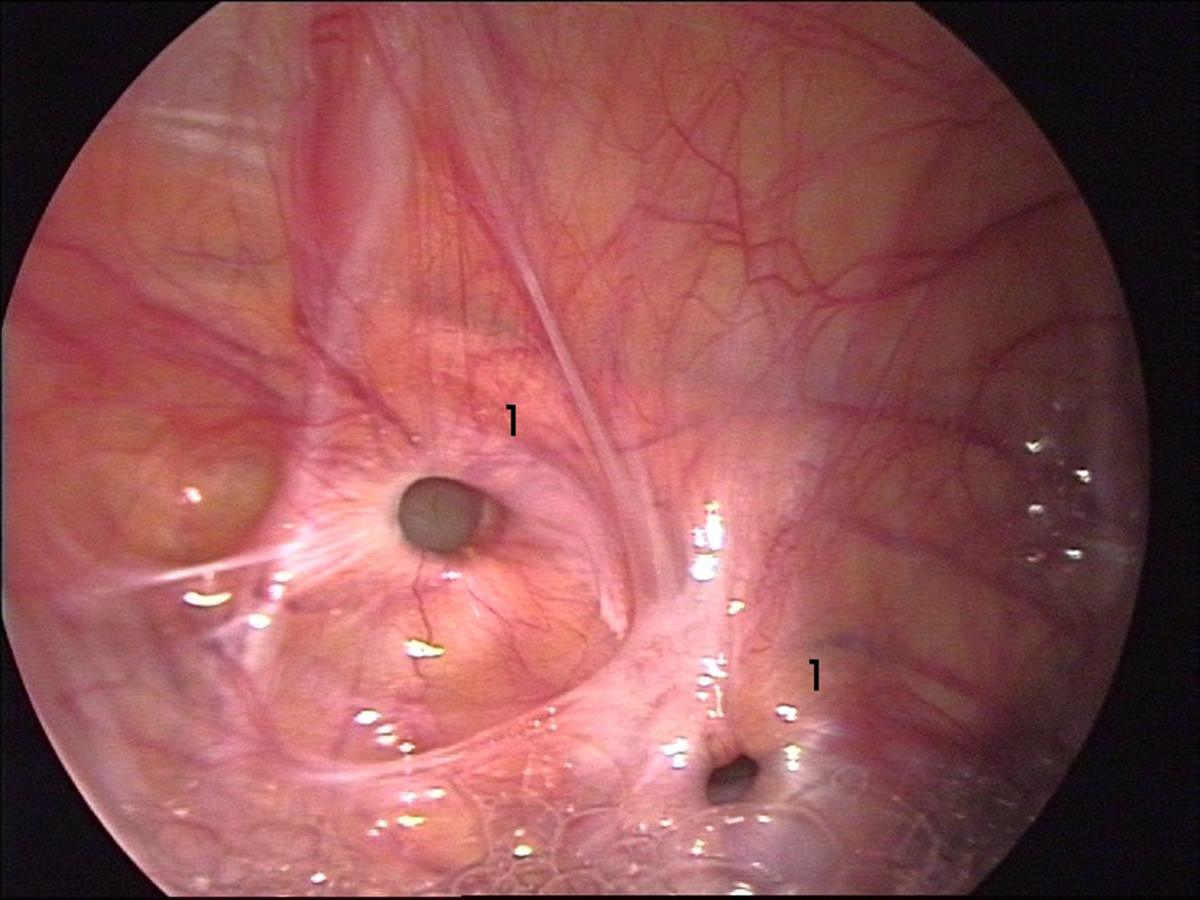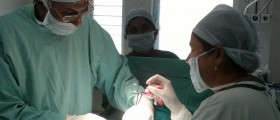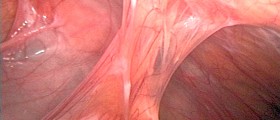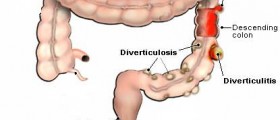
About Hernia
Hernias may be asymptomatic especially if they are not visible. However, they carry a lot of risk of complications and hernia incarceration is only one of them. Incarceration of hernia cuts off the blood supply in the affected intestine and they become necrotic.
Inguinal or groin hernia accounts for 75% of all hernias. It affects men more than women. Groin hernias are classified as direct and indirect.
Symptoms of Groin Hernia
Certainly the most distinguished sign of hernia is its bulging in the groin area. This tumefaction is usually painless and can vary in size. The bump can come and go. Namely, it can occur during defecation or some other activities which increase intraabdominal pressure and then when the pressure is back to normal hernia can withdraw. Furthermore the mass enlarges every time the patient coughs or strains.
Groin hernia develops steadily. Still, in some patients it can develop rather rapidly, especially, in case that hernia has been induced by lifting of heavy objects or some other activities which increase intraabdominal pressure rapidly.
Groin hernia bothers a patient and causes discomfort. The symptoms can withdraw during rest. In some cases the patient is able to push back the protruding mass into the abdomen.
Some patients complain about tenderness of the hernia and surrounding tissue.
If groin hernia is not operated on time, the patient can develop some complications. Incarceration of hernia is very serious and it requires prompt surgical repair. Additionally strangulation, bowel obstruction and necrosis of the affected portion of the intestines are a few more complications of groin hernia.
Diagnosis and Treatment
Diagnosis of groin hernia can be easily set. The doctor examines the patient and asks from the patient to perform certain actions which will increase the abdominal pressure and consequently lead to enlargement of hernia. This can be definitive diagnosis.
This medical condition is treated surgically. The content of the hernia is placed back into the abdomen and the patients require surgical repair of the weak abdominal muscles.
In case of complications such as incarceration of hernia, its strangulation or bowel obstruction the surgery needs to be performed immediately since all of the previously mentioned complications can, if left untreated, lead to death.

















Your thoughts on this
Loading...